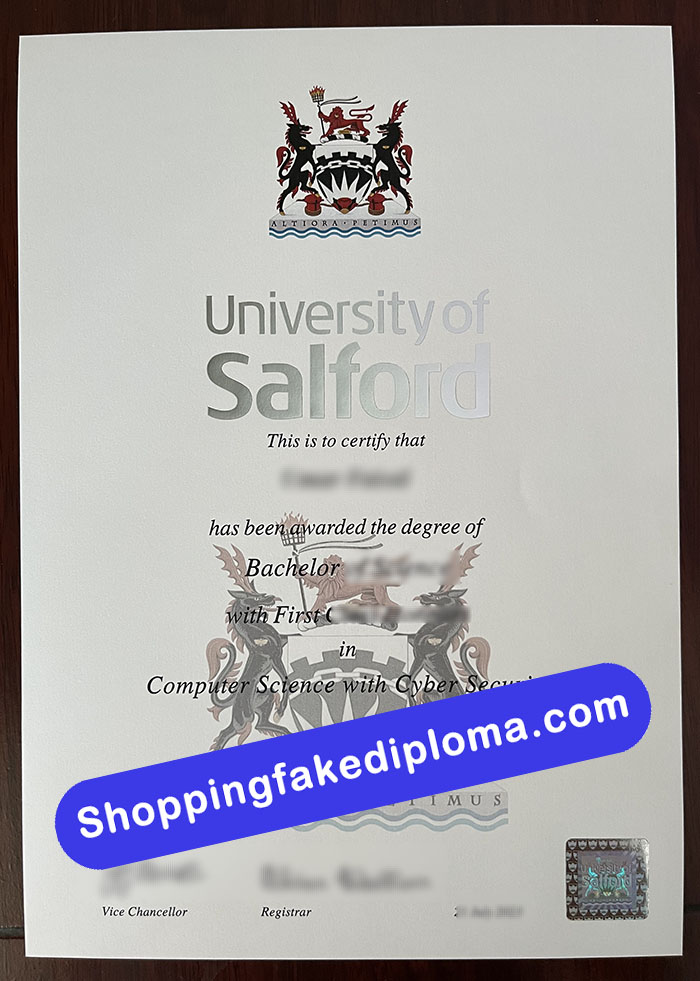
Canada is a country with multiculturalism and high-quality education, attracting tens of thousands of international students to study abroad every year. Canada’s higher education system is managed and supervised by the provinces and territories, so different regions may have different regulations and standards. However, Canadian degrees generally share some common structures and characteristics that make Canadian degrees internationally recognized and valuable. This article will introduce you to the structure and characteristics of Canadian degrees, allowing you to better understand Canadian higher education.
- Introduction and comparison of Canadian higher education system:
Canada’s higher education system mainly consists of two types of institutions: universities and colleges. The university mainly provides academic and professional degree courses, such as Bachelor of Arts, Bachelor of Engineering, Master of Business Administration, etc. The college mainly provides vocational and technical certificates, diplomas and applied degree courses, such as Certificate in Nursing, Diploma in Tourism Management, Bachelor of Applied Technology, etc.
Canada’s higher education system has some similarities and differences with other countries. For example, similar to the United States, Canada also adopts a four-year undergraduate system, that is, students need to complete 120 credits to obtain an undergraduate degree. Similar to the UK, Canada also adopts a three-level postgraduate education system, that is, students need to obtain a master’s degree before applying for a doctoral degree. Unlike Australia, Canada does not have a unified higher education qualifications framework (AQF). Instead, each province and territory develops and recognizes higher education qualifications according to their own laws and policies.
- Types and requirements of Canadian university degrees:
Canadian universities offer many types of degree programs, mainly divided into the following categories:
- Undergraduate Degrees: Undergraduate degrees usually require four years of full-time study or six years of part-time study, with a total of 120 credits. There are two types of undergraduate degrees: Honors Bachelor and General Bachelor. The Honors Bachelor’s degree is more demanding, requiring completion of more specialized courses and often requiring the writing of a thesis or independent research. A general bachelor’s degree is less demanding, requires completion of more general courses, and usually does not require writing a thesis or independent research. Undergraduate degrees can be obtained in various fields such as arts, business, engineering, education, law, medicine, science, etc.
- Master’s Degrees: A master’s degree usually takes one to two years to complete full-time or two to four years to complete part-time, with a total of 30 to 60 credits. Master’s degrees are divided into two types: Research Master’s and Coursework Master’s. A research master’s degree is more demanding and requires completing certain courses and writing a master’s thesis or conducting a research project. Course-based master’s degrees have lower requirements and only require completion of certain courses, and usually do not require writing a master’s thesis or conducting a research project. Master’s degrees can be obtained in various fields such as arts, business, engineering, education, law, medicine, science, etc.
- Doctoral Degrees: A doctoral degree usually takes three to five years to complete full-time or five to seven years to complete part-time, with a total of 90 to 120 credits. The Ph.D. degree is the most demanding, requiring completion of certain courses and writing a doctoral thesis or conducting original research. Doctoral degrees can be earned in various fields such as arts, business, engineering, education, law, medicine, science, etc.
- The international recognition and value of Canadian degrees:
Canadian degrees enjoy a high reputation and value internationally for several reasons:
- The quality of higher education in Canada is rigorously monitored and evaluated to ensure compliance with international standards and expectations. Canada has multiple agencies and organizations responsible for managing and accrediting higher education institutions and courses, such as the Canadian Quality Assurance Council for Higher Education (CQAHEC), the Association of Universities of Canada (AUCC), and the Council for Professional Accreditation of Canada (CAPC).
- Canada’s higher education system has many similarities with other countries, making Canadian degrees easily accepted and recognized by other countries. For example, Canada and the United States have many bilateral agreements and cooperation projects, allowing Canadian degree holders to continue their studies or find employment in the United States. Canada is also one of the Commonwealth countries and shares many common educational traditions and standards with the United Kingdom and other Commonwealth countries, allowing Canadian degrees to be pursued for further study or employment in Commonwealth countries.
- Canada’s higher education system is highly flexible and diverse, allowing Canadian degrees to be adapted to different needs and goals. For example, students in Canada can choose from different types and fields of degree programs based on their interests and abilities. Canadian students can also choose different modes and methods of study according to their own time and finances. Canadian students can also increase their international exposure and experience through exchange programs, internship programs, volunteer programs, etc.
Canadian degrees have clear structures and characteristics that make Canadian diplomas internationally recognized and valuable.